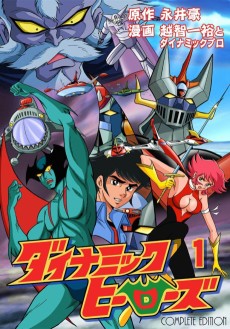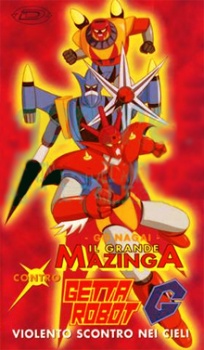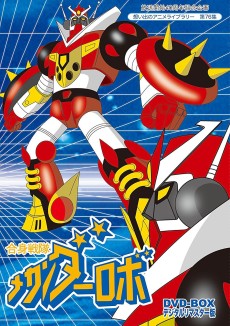GREAT MAZINGER
STATUS
COMPLETE
EPISODES
56
RELEASE
September 26, 1975
LENGTH
25 min
DESCRIPTION
A manga comic book and anime television series by manga artist Go Nagai, made as a direct continuation of the successful Mazinger Z series. It was aired on Japan in 1974, immediately following the end of the first Mazinger series.
CAST

Tetsuya Tsurugi
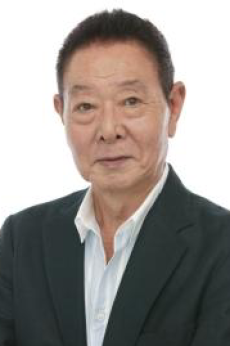
Keiichi Noda
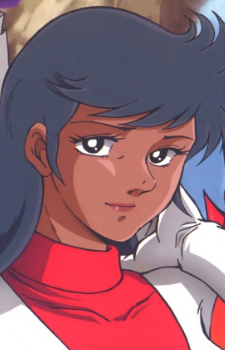
Jun Honoo
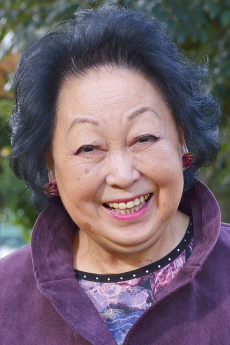
Yumi Nakatani
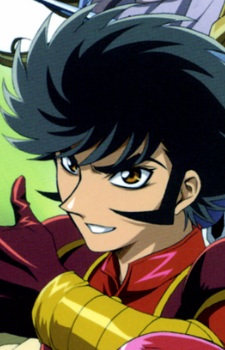
Kouji Kabuto
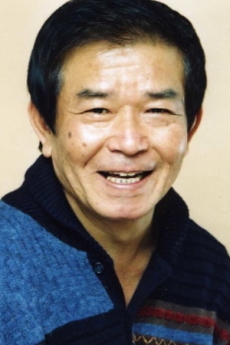
Hiroya Ishimaru
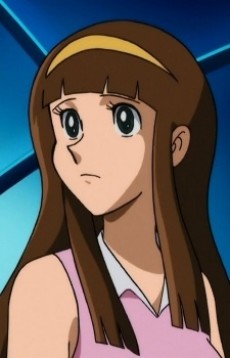
Sayaka Yumi
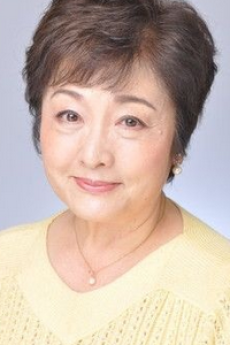
Kotoe Taichi
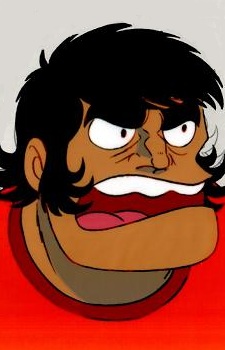
Boss
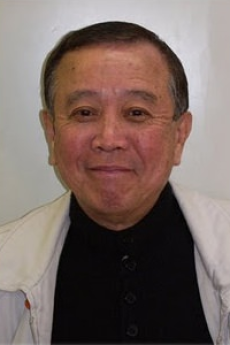
Hiroshi Ootake
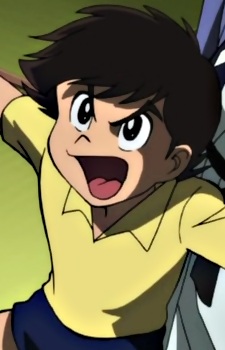
Shiro Kabuto
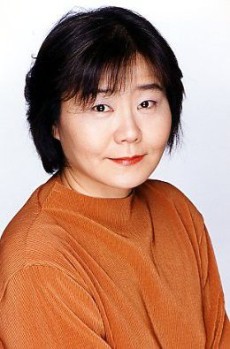
Kazuko Sawada
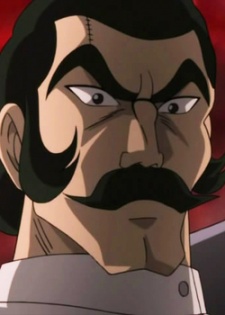
Kenzo Kabuto
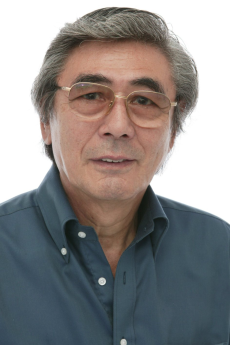
Hidekatsu Shibata
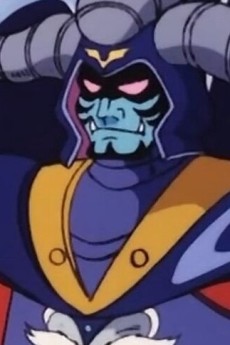
Ankoku Daishogun
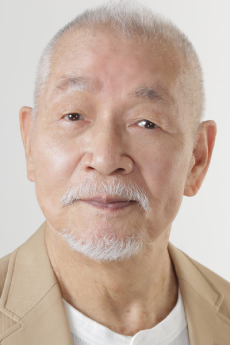
Kenichi Ogata

Archduke Gorgon

Osamu Katou

Nuke
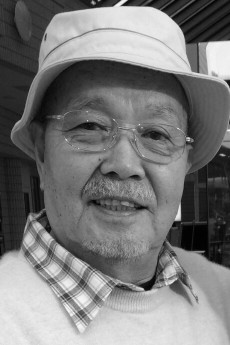
Kousei Tomita

Mucha

Isamu Tanonaka

Shun Azuma

Yumi Nakatani
EPISODES
Dubbed
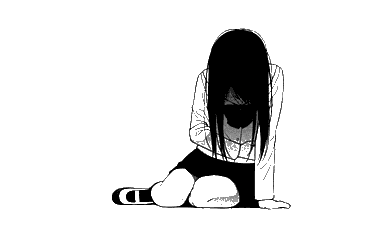
Not available on crunchyroll
RELATED TO GREAT MAZINGER
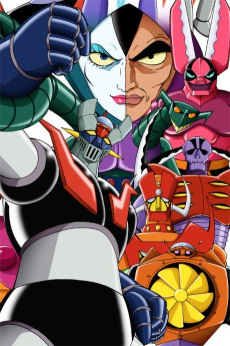 ANIME ActionMazinger Z
ANIME ActionMazinger Z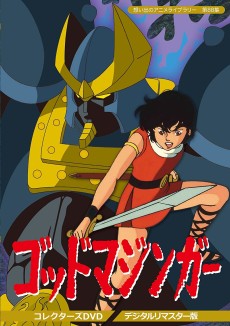 ANIME ActionGod Mazinger
ANIME ActionGod Mazinger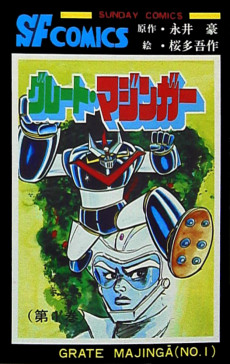 MANGA ActionGreat Mazinger
MANGA ActionGreat Mazinger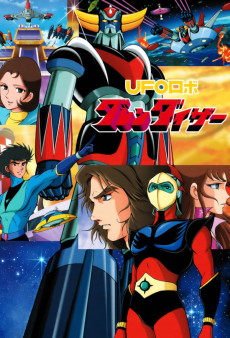 ANIME MechaUFO Robo Grendizer
ANIME MechaUFO Robo Grendizer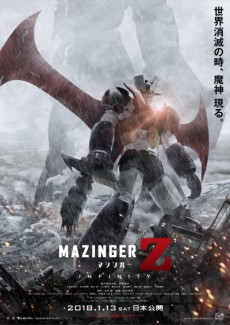 MOVIE ActionMazinger Z: INFINITY
MOVIE ActionMazinger Z: INFINITY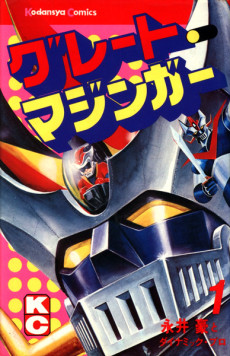 MANGA ActionGreat Mazinger
MANGA ActionGreat MazingerREVIEWS

cosmicturtle0
76/100An oft-forgotten sequel that improves upon its legendary predecessor [spoilers]Continue on AniListIf Mazinger Z is the forgotten legend, what does that make its sequel, Great Mazinger? On both AniList and MAL, its score is about .2 points lower than its predecessor, and there is little if any online discussion about Great Mazinger as a series. While this isn't too surprising considering it's been 50 years since its release and that Mazinger Z is by far the more influential series, I do think Great Mazinger deserves more respect than it gets for taking the episodic super robot formula and improving it, turning it into something far more watchable and far more enjoyable.

Great Mazinger picks up right where Mazinger Z leaves off and follows Tetsuya Tsurugi and his friends and allies at the Science Fortress Institute as they take on the Emperor of Hell and his army with the titular super robot, Great Mazinger. If that sounds familiar, it should. The premise is functionally the same as that of Mazinger Z, and the episodic structure the show uses to tell this story is pretty much the same, as well. But it's what Great Mazinger does with this structure that sets it apart from its predecessor.
First of all, there's a notable uptick in quality in the animation. There were a few moments in Mazinger Z that did some pretty cool stuff with shading, but it's nothing compared to the lightwork that goes on in Great Mazinger. Great Mazinger's signature move, Thunder Break, is a testament to how good the animation team got at portraying flashing light, and the different uses of lightning throughout the series showcase this well. More generally, the battles just feel more fluid and cleaner as a whole, and there are some frankly amazing-looking shots of character faces and Great Mazinger just looking cool.

The other notable difference in the presentation of the two series is that Great Mazinger feels like an actual super robot. Surely this is influenced by me being a modern viewer, used to a certain style of robot associated with the mecha genre, but the upgrades made to Great Mazinger from Mazinger Z make it feel more like the all-powerful weapon it should be. The Thunder Break really helps drive this point home, as does the fact that Great Mazinger's wings are inside of it and controllable at any time, not leaving it reliant on some separate device that frankly left Mazinger feeling a little more campy.
In fact, I think the biggest improvement Great Mazinger makes is that it tones down the campiness and frivolity of the original. Tetsuya and Jun are far more serious characters than Koji and Sayaka, and you can feel this in their interactions. Kenzo, the head of the Science Fortress Institute, feels a little more intimidating, a little more in command, than Professor Yumi did in Mazinger Z. All in all, the show tends to spend less time on hijinks and shenanigans, and what time it does spend on them often influences the plot of the episode in some way or another, making each episode--and the series as a whole--feel a little more connected with its tone and themes.

Even in a series that's episodic, it's a wonderful thing when the characters feel like people. It's a good feeling as a viewer when you can watch them grow and progress over the course of 56 episodes, however minimal this development may be. And while I don't think anyone, even in 1974, was coming to Great Mazinger for character writing and psychological drama, I do appreciate that this show went further than its predecessor in dealing with its characters. Koji, Sayaka, Boss, and all the rest often feel like caricatures in Mazinger Z, shallow representations of character tropes that are static and unchanging. And while I praised Mazinger Z for learning how to tell dramatic and compelling stories in spite of these static characters and episodic formula, Great Mazinger goes a step beyond in writing internal drama for its characters, and allowing them to grow because of it.
For example, there's a great episode in the first half of the series where Jun deals with feelings surrounding the colour of her skin, learning that it isn't someone's race or gender that makes them who they are, but what's inside. Around the midway point of the series, there are a couple of episodes where Shiro learns that Kenzo is actually his father who he thought was dead, and dealing with that new information. There's another episode where Tetsuya develops a fear of death piloting Great Mazinger, and another where he comes face-to-face with the consequences of his battles as a little girl's dog is killed in a fight. And finally, there's the consistent reminder of the fact that Tetsuya and Jun are orphans who fight as they do to save others from losing everything like they did. Whereas Mazinger Z felt as though it was mostly about the super robot, there are many episodes where Great Mazinger proves it's the people inside and behind the mecha that matter.

The final four episodes of the series are a great culmination to this newfound interest in its characters. Koji returns from America and steps back into Mazinger Z to help fight the Great Marshal of Hell (who, by the way, is the reborn Dr. Hell who Koji defeated) and the impenetrable battle fortress Demonica. This reunion between Koji and Kenzo as father and son leaves Tetsuya feeling alone, as though his family has been taken from him. These feelings of loneliness ultimately lead to selfishness from Tetsuya, which in turn leads to Kenzo's death. It's the lowest moment of either series and it forces Tetsuya to admit his mistakes and understand that Kenzo really did love him as a son and that the family he was looking for was there all along. It's a really nice end to a storyline that had been lingering throughout the series, and raises the stakes not only by killing an important character but by asking serious questions of the protagonist, and allowing consequences for his actions. It helps that the animators did this really cool thing with Tetsuya's eyes that made him look a little evil, certainly a little jaded, and overall I thought this drama worked wonderfully.

None of this, however, is to say that Great Mazinger is perfect, and while I do think that it solved a lot of the issues present in Mazinger Z, I also think by doing so it created some different problems. The first is that because of the more serious approach to the series and the battles, the more comedic side of the series feels a little out of place and a little more annoying than it did before. I'm talking specifically about Boss, Nuke, Mucha, and Shiro, the holdovers from Mazinger Z. Boss and his gang especially went from probably my favourite characters of Mazinger Z to my least favourite in Great Mazinger, all because they didn't really fit with what the show was trying to do. Similarly, Shiro felt much whinier and much more childish than he did in the previous series because he was contrasted with adults instead of teenagers who also tended to act a little childish. The result of these characters being there and plotlines still being written for them was that there were times when the show felt confused, when it wasn't sure how campy to be or how serious to be, caught between the light-heartedness of Mazinger Z and the more serious direction Great Mazinger began to lean in.
This series also has a big issue with pacing. There are a number of episodes where the majority of the episode is just the battle. And while I do in some ways prefer this to Mazinger Z spending half an episode on nothing, I don't think the fights are interesting enough to warrant 17 minutes, either. There are also a few times where an episode ending showed the enemies celebrating the defeat of Great Mazinger only for it to appear a moment later safe and back at the SFI, with no acknowledgement from the antagonists. There were only a few of these instances but they were pretty jarring and screamed of the staff trying to fit as much in as possible. Speaking of cramming, Sayaka's inclusion in the last two episodes literally came out of nowhere. She kind of just shows up in the middle of a scene, and it's as though she's always been there. It's more on an episode-to-episode basis rather than the pacing of the series overall, but still, it does leave things feeling a little cheap.

The question, of course, is does it hold up today? To be honest, I'm not sure. I think it's far more watchable than Mazinger Z, mainly because of the improved animation and character writing, but as with its predecessor I think you can leave it on the shelf unless you're a mecha nerd. One thing I will say is that its influence, while not comparable with Mazinger Z, is definitely underrated. I only realized while watching how much of an impact it had on my favourite anime, Gurren Lagann, with it's Drill Punch and Thunder Break and two-faced enemies.
But while Mazinger Z might have had a greater impact, I do feel like Great Mazinger is the better show, and, at least for me, far more enjoyable. It takes some really great steps forward and while it doesn't always work perfectly, I have to give the series credit for trying and ending up in a pretty cool place.
I think it's fair to say Great Mazinger is the forgotten younger brother of the franchise, but I don't think it should be. It's a good show in its own right, and I hope it one day gets that respect.

SIMILAR ANIMES YOU MAY LIKE
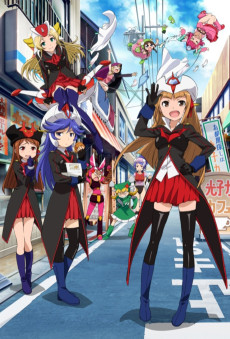 ANIME ActionRobot Girls Z
ANIME ActionRobot Girls Z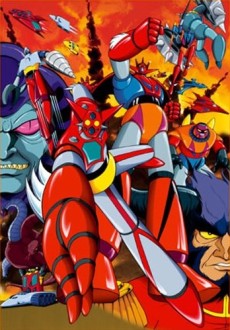 ANIME ActionGetter Robo
ANIME ActionGetter Robo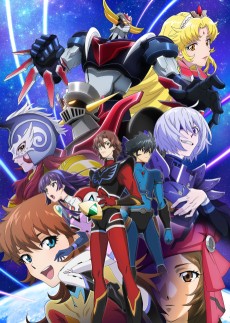 ANIME ActionGrendizer U
ANIME ActionGrendizer U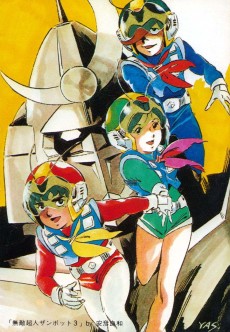 ANIME ActionMuteki Choujin Zambot 3
ANIME ActionMuteki Choujin Zambot 3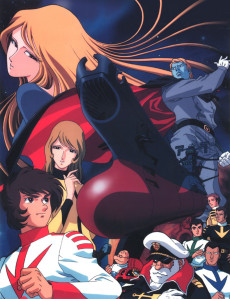 ANIME ActionUchuu Senkan Yamato
ANIME ActionUchuu Senkan Yamato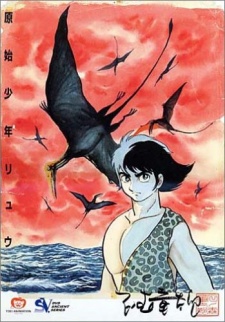 ANIME AdventureGenshi Shounen Ryuu
ANIME AdventureGenshi Shounen Ryuu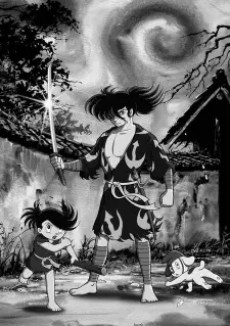 ANIME ActionDororo to Hyakkimaru
ANIME ActionDororo to Hyakkimaru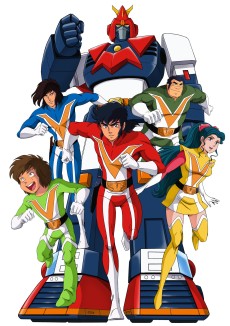 ANIME AdventureChou Denji Machine Voltes V
ANIME AdventureChou Denji Machine Voltes V
SCORE
- (3.35/5)
MORE INFO
Ended inSeptember 26, 1975
Main Studio Toei Animation
Favorited by 40 Users

